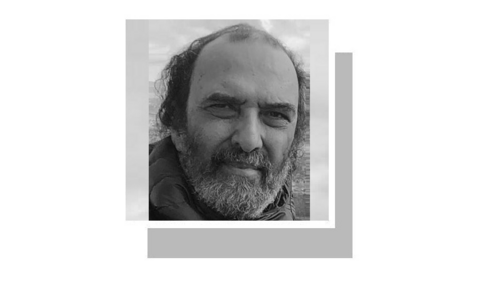WASHINGTON: Pakistan's energy crisis could best be addressed through a holistic approach integrating immediate improvement in current generation and supply systems with a judiciously planned exploitation of diverse sources, top experts emphasised at a one-day conference.
Organised by the Woodrow Wilson Center for International Scholars, the conference brought together public officials and leading private sector experts who explored ways including alternative sources of energy — solar and wind — to overcome the chronic shortage causing a loss of up to 3% of GDP each year.
Islamabad is striving for development of a low cost and sustainable power sector that would meet its energy needs in a sustainable manner, Musadiq Malik, advisor to the prime minister on water and energy, told the inaugural session of conference, moderated by Robert Hathaway, Director Asia Program.
The conference was informed that government's aim is to supply inexpensively generated electricity at affordable rates for its 180 million people, which can be possible through high levels of generation, transmission, and distribution efficiency.
Pakistan, Malik said in his presentation, aspires to eliminate the demand supply gap, reduce the true economic cost of power to single digits, and eradicate pilferage in five years.
He identified the demand supply gap, lack of affordability and inefficiency / pilferage as the three major power challenges in Pakistan In 2012 the average generation stood at 10,808 MW pushing the average demand-supply gap up to 4,608 MW.
“We will encourage competition by developing energy corridors and favorable tariffs for low cost energy sources, and creating a key client management system,” the advisor said.
In her presentation made from Islamabad via a video link, Secretary Water and Power Nargis Sethi focused on a series of reforms needed to revamp the sector including efforts towards rationalisation of tariff and improved recovery.
She also underscored the importance of balancing energy mix, pointing out that a high dependence on imported oil for electricity production places considerable strain on the economy as compared to that of domestic gas and hydro power.
Javed Akbar, an energy entrepreneur, called for a policy thrust on encouraging hydel, wind, and solar power growing to 50% of electricity generation within 10 years. He particularly advocated the use of solar energy for residential needs.
The participants in the conference included Robert Lesnick, senior natural gas consultant, World Bank, Khalid Mansoor, chief executive officer, The Hub Power Company Limited (Hubco), Shannon Grewer, managing director, EMI Advisors LLC, Chair, Ziad Alahdad, former director of operations, World Bank Energy bureaucracy, Akhtar Ali, chief executive officer, Proplan Associates, William B. Milam, former ambassador and senior scholar at the Woodrow Wilson Center and Michael Kugelman, senior associate for South Asia.














































